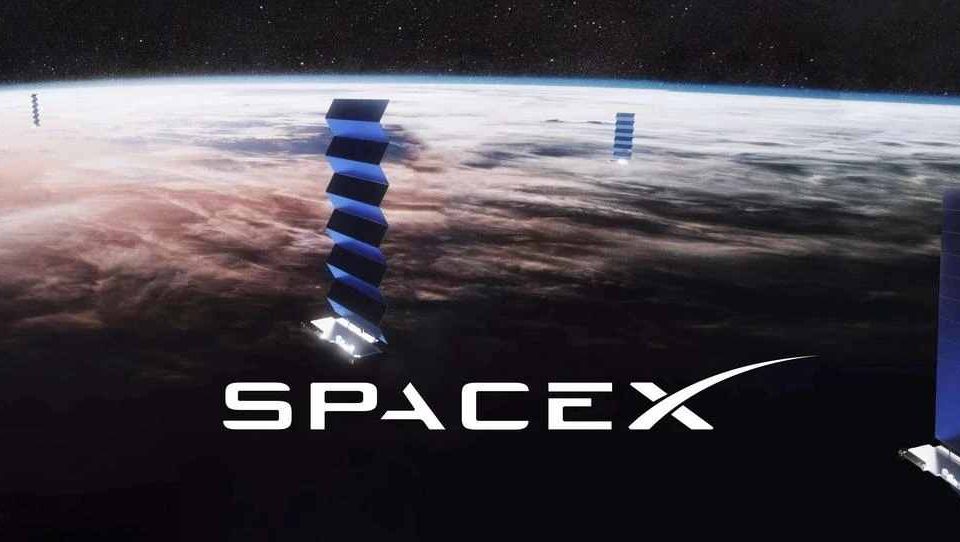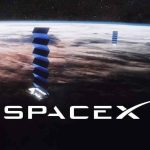SpaceX is building spy satellite network for US intelligence agency, Reuters reports

SpaceX is quietly building a network of advanced spy satellites under a clandestine agreement with a US intelligence agency, according to a recent report by Reuters. The development further illustrates the growing collaboration between Elon Musk’s SpaceX and U.S. intelligence agencies.
Five sources familiar with the program told Reuters that SpaceX’s Starshield unit is leading this initiative under a classified $1.8 billion contract with the National Reconnaissance Office (NRO), Reuters reported.
The project also underscores SpaceX’s deep involvement in U.S. intelligence and military endeavors, highlighting a broader Pentagon investment in low-Earth orbit satellite systems to support ground forces. If successful, it could significantly enhance the U.S. government and military’s ability to detect potential targets worldwide
In the wake of this revelation, Chinese military and state-run media have criticized the United States, accusing it of endangering global security. They argue that the SpaceX program exposes double standards, particularly in light of U.S. accusations against Chinese tech companies. The People’s Liberation Army (PLA) urged U.S. companies to refrain from aiding what they perceive as unethical actions.
“We urge U.S. companies to refrain from aiding wrongdoing,” an account managed by the People’s Liberation Army (PLA) known as Junzhengping made a statement on the social media platform Weibo. The account has an audience of 1.1 million followers.
Beyond geopolitical implications, SpaceX’s deep dive into intelligence and military endeavors underscores a broader Pentagon strategy to bolster its capabilities in low-Earth orbit satellite systems. The ambitious project, if successful, promises to revolutionize the US government’s surveillance prowess, enabling rapid identification of potential targets worldwide.
However, the contract also reflects a delicate balance of trust between the intelligence community and a company whose CEO has often courted controversy. Musk’s previous clashes with the Biden administration, particularly regarding the use of Starlink in the Ukraine conflict, have raised eyebrows within government circles, injecting an element of complexity into the partnership.
While details of the program remain shrouded in secrecy, Reuters’ investigation unveils a formidable spy apparatus comprising hundreds of satellites equipped with cutting-edge Earth-imaging capabilities. The collaboration with the NRO signals SpaceX’s pivotal role in bolstering national security interests, although the specifics of the satellite deployment timeline and additional program contributors remain undisclosed.
In a statement, NRO acknowledged its commitment to developing an advanced satellite system, along with partnerships with various government agencies, companies, research institutions, and nations. However, the NRO declined to provide further comment regarding Reuters’ report on SpaceX’s involvement in the project.
“The National Reconnaissance Office is developing the most capable, diverse, and resilient space-based intelligence, surveillance, and reconnaissance system the world has ever seen,” a spokesperson said.
Sources familiar with the matter have indicated that these satellites possess the capability to track ground targets and share the acquired data with U.S. intelligence and military officials. This functionality theoretically enables the U.S. government to swiftly obtain continuous imagery of ground activities across the globe, thereby enhancing intelligence and military operations.
Meanwhile, both SpaceX and the Pentagon remained tight-lipped, deferring comments to the NRO. The agency, in turn, acknowledged its commitment to advancing satellite technology but refrained from divulging specifics regarding SpaceX’s involvement in the endeavor.
The clandestine satellite network, separate from SpaceX’s commercial ventures like Starlink, represents a cornerstone of US space dominance, offering unparalleled surveillance capabilities. With its potential to provide continuous and comprehensive coverage of global activities, the initiative underscores the adage that “no one can hide” from the watchful gaze of these orbiting sentinels.
While Musk’s trailblazing efforts in the space industry have earned accolades, his role in geopolitical conflicts has not been without controversy. The autonomy afforded to him over Starlink operations in conflict zones, rather than the military, has sparked tensions with US authorities, highlighting the intricate dynamics at play in the intersection of technology and national security.




